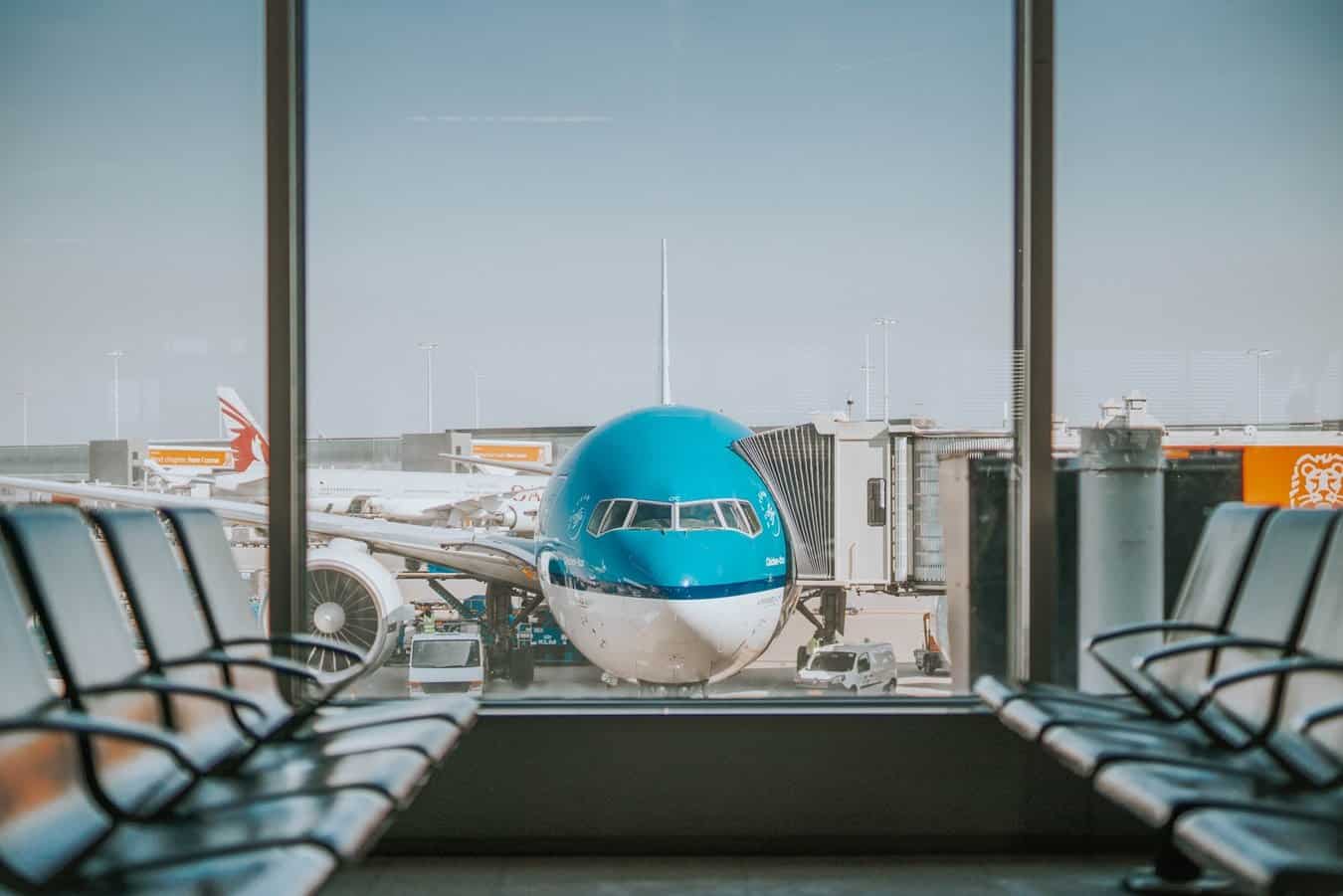
Morgan Sperry is a student at Harvard Law School and also serves as OnLabor's Social Media Director.
In today’s News and Commentary, the Supreme Court is reconsidering how Title VII of the 1964 Civil Rights Act protects religious practice in the workplace, and after a month of labor disruptions the German government has agreed to increase pay for 2.5 million public-sector workers.
Last Tuesday, the Supreme Court heard oral arguments in Groff v. DeJoy, a case that contemplates how Title VII of the 1964 Civil Rights Act protects workers’ individual religious practice in the workplace. Plaintiff Gerald Groff is an evangelical Christian who quit his job with the U.S. Postal Service after they began requiring him to deliver Amazon packages on Sundays, the day of the Christian Sabbath. As Andrew Strom wrote for the blog last month, under current doctrine Title VII requires employers to accommodate the religious beliefs of workers unless the accommodation would impose an “undue hardship” on the employer’s business, meaning more than a de minimis cost on the employer. At oral argument, Groff’s legal team asserted that the Supreme Court should import into this context the definition of “undue hardship” from the Americans with Disabilities Act, in which Congress defined “undue hardship” to mean “requiring significant difficulty or expense.”
Airport security workers in Germany are walking out today, halting all departures from the Berlin Airport as their union negotiates pay and working conditions. This comes after the union reached an agreement with the German government on Saturday night to increase pay for 2.5 million public-sector workers, thereby avoiding a nationwide strike. Saturday’s agreement followed a month of negotiations marked by walkouts in the transport, hospital, and other public service sectors, including a 24-hour-long public transport strike at the end of last month. The agreement includes tax-free one-time payments totaling €3,000 and increased monthly pay for all public-sector workers beginning in March 2024—with a guaranteed minimum raise of €340 per month. The deal will run through the end of 2024 and responds to workers’ struggle with Germany’s high inflation rate, which stood at 7.4% in March.






Daily News & Commentary
Start your day with our roundup of the latest labor developments. See all
January 20
In today’s news and commentary, SEIU advocates for a wealth tax, the DOL gets a budget increase, and the NLRB struggles with its workforce. The SEIU United Healthcare Workers West is advancing a California ballot initiative to impose a one-time 5% tax on personal wealth above $1 billion, aiming to raise funds for the state’s […]
January 19
Department of Education pauses wage garnishment; Valero Energy announces layoffs; Labor Department wins back wages for healthcare workers.
January 18
Met Museum workers unionize; a new report reveals a $0.76 average tip for gig workers in NYC; and U.S. workers receive the smallest share of capital since 1947.
January 16
The NLRB publishes its first decision since regaining a quorum; Minneapolis labor unions call for a general strike in response to the ICE killing of Renee Good; federal workers rally in DC to show support for the Protecting America’s Workforce Act.
January 15
New investigation into the Secretary of Labor; New Jersey bill to protect child content creators; NIOSH reinstates hundreds of employees.
January 14
The Supreme Court will not review its opt-in test in ADEA cases in an age discrimination and federal wage law violation case; the Fifth Circuit rules that a jury will determine whether Enterprise Products unfairly terminated a Black truck driver; and an employee at Berry Global Inc. will receive a trial after being fired for requesting medical leave for a disability-related injury.